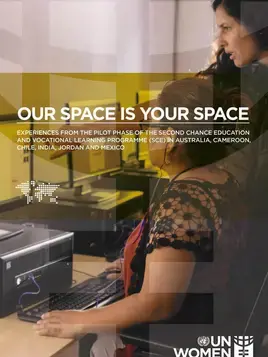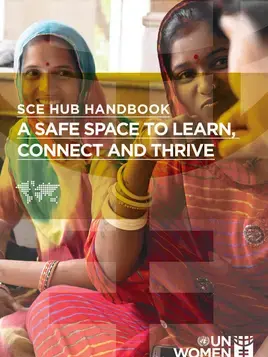
Reconfiguring care relationships: Ethiopian migrants in Australia and Lebanon
Migration reconfigures care relationships as people adapt to employment, entitlements and care practices in a new context. While a rich genre of analysis of “global care chains” draws attention to how disadvantaged female migrant care workers from the global South fill the “care deficit” in high-income countries, these analyses tend to privilege care services and arrangements in the global North and the migrant as the provider of care.
In contrast, there is little research on how migrants from developing countries meet their own and their families’ care needs, irrespective of whether they are paid care workers in the destination. In particular, we know little about the care needs of unskilled or semi-skilled migrant workers and refugees who occupy the less privileged circuits of contemporary global mobility and who are often marginalized from state social policies that address care needs.
This paper offers an analysis of the effects of migration on the care needs and relationships of Ethiopian migrant mothers and their families and their access to childcare in destination countries. Specifically, it draws on empirical research on the experiences of Ethiopian migrant domestic workers who have children while in Lebanon and the experiences of Ethiopian women refugees with children who have resettled in Australia.
This paper was produced for UN Women’s flagship report Progress of the World’s Women 2018 to be released as part of the UN Women discussion paper series.


